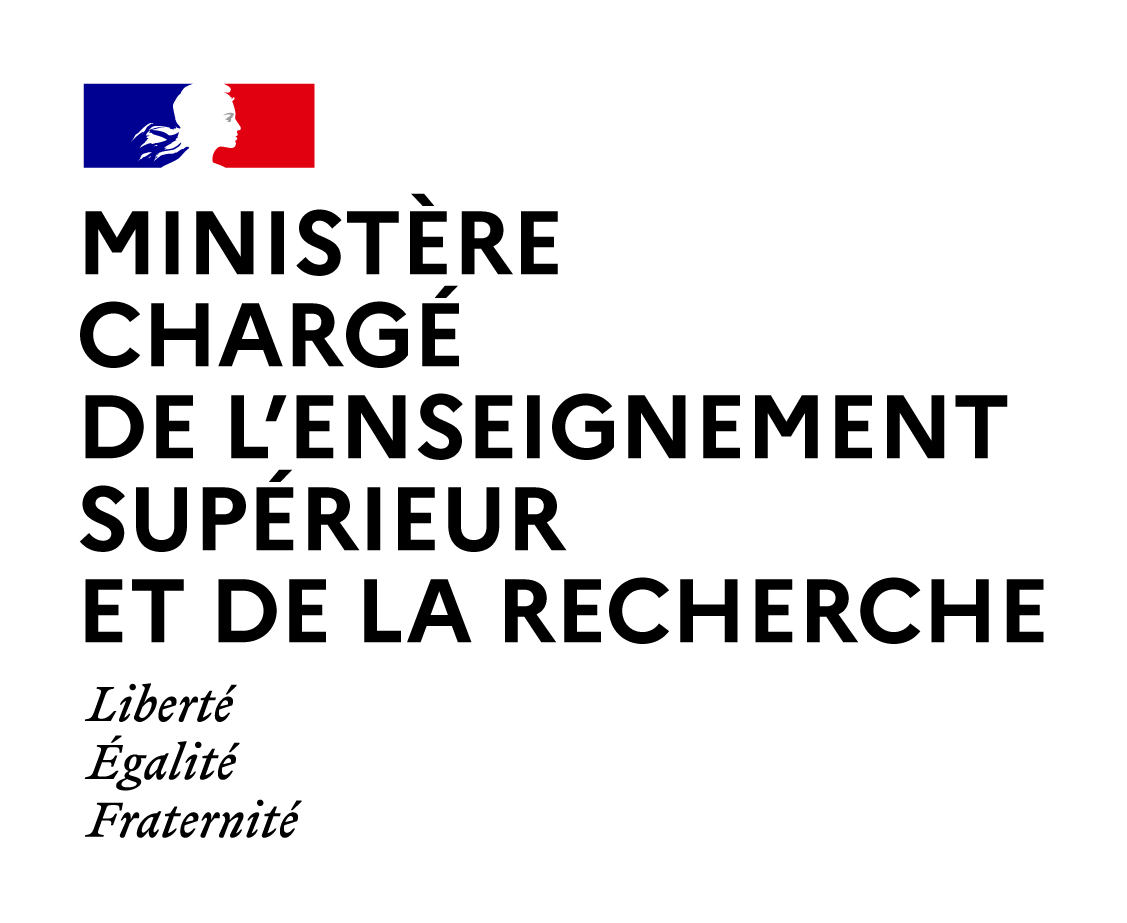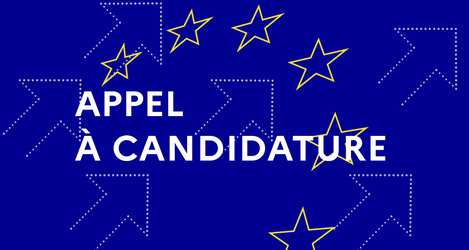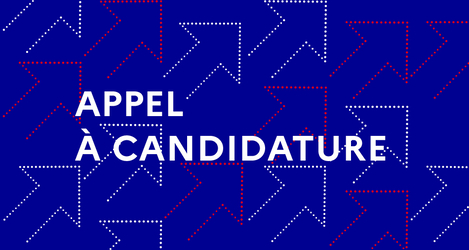Seul le prononcé fait foi
Dear President Frédéric Mion,
Dear presidents, directors, vice-chancellors and provosts from French and foreign institutions,
Good afternoon everyone and welcome to Paris for those of you joining us,
Considering the tremendous number of academics among you, I hope you will allow my short reference to one of the most quoted French thinkers worldwide. In the late Sixties, Michel Foucault came up with the concept of heterotopias to analyse the social function of several generic sites we often come across in our everyday life. Among them were libraries or churches, for example. According to Foucault, these places are unusual due to their unique relationship to time, which relates back to the very etymology of "hetero-topia" - "other spaces". These sites are settled within society, but they do not relate to its mainstream rules and codes. One of the principles Foucault used to define heterotopias is, for example, their opening and closing systems towards society at large. You do not enter a museum like you would enter any place and you eventually adapt your behaviour. You might find yourself whispering for no obvious reason in a museum like you would usually do it in a religious building actually...
I now invite you to think of universities as heterotopias. You represent 49 institutions in 21 countries on all five continents and yet all your universities follow a common code. They are open to society, but being a student, a professor or a researcher certainly covers specific criteria and none of your institutions matches our mainstream understanding of time. Some of them have been collecting and creating knowledge for centuries and you are used to locking up students into laboratories or libraries for about four to five years, turning teenagers into grown-ups, before setting them free in the wider world...
If I am sharing these observations, it is because the sixth defining criterion of heterotopias according to Foucault is that they have a unique and crucial role towards society. It can be spiritual, cultural, social or political. The very fact that they do not relate to our usual understanding of time is the reason why they can turn into clusters for imagination, mobilization and renewal. Universities are certainly heterotopias of erudition and learning, the workshops of civilizations and the archives of time past, but they can be much more than this and U7 is the proof, you are the proof, that universities might be heterotopias for anticipation, transnational mobilization and change.
At the moment and all together, you represent more than 2 million students in all fields worldwide, these very students who will keep our societies and economies evolving over the upcoming decades. You also gather outstanding research capacities and you are mobilised to analyse social, technological and ecological phenomena, to find the solutions that will help us navigate and grow into an uncertain world. Acknowledging all of this, who could seriously doubt universities have their say in international affairs and how to tackle the contemporary challenges ahead of us?
As a minister, but also as a professor and former university president myself, I am proud you are getting involved and I am truly grateful U7 rose as the first alliance of world universities determined to take action into assessing global challenges and offering concrete solutions, starting with commitments for yourselves and your communities.
I know you already went through several weeks of preparatory discussions and I would particularly like to thank the 13 French members for their common involvement. You will now get the chance to work all together and discuss what it means to be a global university nowadays. Tomorrow evening, you will sign the first commitments of U7 and I am confident they will bring new opportunities for your institutions as well as multilateral cooperation, but also, beyond your walls, to your surroundings and even to your countries. As prominent and influential universities, you get that privilege, which is also a tremendous responsibility, to set examples and share best practices for others and I will personally make sure that your work gets noticed during the G7 discussions that will take place in Biarritz in late August.
You will also be delivering your conclusions to President Emmanuel Macron and I am pleased he supported your initiative as yet another proof of his attachment to higher education and research. This is also a reminder of our firm conviction that we will only build fairer and more sustainable societies through innovation and the development of knowledge.
In a time when facts, reason and expertise sometimes get ridiculed by cynicism or growing populism, I believe we have a responsibility to work harder and get heard without ever compromising on the scientific quality of our work. The summit of the U7 that is about to open will be a unique space for debate on the global roles of universities, even beyond academia. The topics you decided to tackle also prove how ambitious you are and show your awareness of the shared crisis our countries have to face and will only solve through cooperation. It is the very reason why you are to reflect upon internationalization and the rise of global citizenship.
Over the last months, we eventually saw a growing global youth mobilization for climate and we will be held accountable for our actions. We shall take pride into seeing citizens to come rising for the environment and advocating for more sustainable lifestyles and we must reflect upon our roles, and our means, to support them. It is the scientists of our universities and research centres who showed us the rising climate and biodiversity crisis. It is now our role to improve its teaching, see how to make our universities greener and investigate who we subsidize, if we indeed invest into a more sustainable future. The youth is watching us and we cannot predict the future scientifically without allowing its best version to rise up politically.
Another topic you will be working on is how universities can take action against inequality and polarized societies, which, if they were allowed to thrive, create a fertile ground for authoritarian drifts. Political science proved it well and sociology, geography and demography help us get a precise idea of how our societies evolve. You, as universities, can make a difference through teaching, but also through promoting inclusive models and diversity as a core value. In this regard, and as most of you certainly know, France is currently working on an ambitious reform of its "grandes écoles" and I would like to thank Sciences Po for being among the national leading institutions engaging for social diversity and inclusion. Universities indeed have a key role to play towards "community engagement and impact" and I am glad you will also get to reflect upon how to make fruitful interactions and contributions at all scales, from your students and staff to your broader local and national communities.
The last, but certainly not least, topic you will get to work on has to do with technological transformations, how they affect our lives - at the university scale and beyond - and how they could be anticipated and embraced. When looking at some of the cognitive and democratic threats embedded within several technologies, artificial intelligence or an unethical use of data, we can acknowledge once more that modernity and progress are certainly not synonyms. This naturally leads us to reflect upon how to teach mathematics, computing, engineering or coding and how to articulate these booming activities with legal regulations as well as ethical and philosophical considerations. This seems to advocate for the renewal of teaching methods and the deepening of transdisciplinary training and I am certain many of you already have valuable feedback on countless initiatives you led in your own institutions.
I, therefore, look forward to read your conclusions tomorrow and I urge you to be bold, to be demanding and to make this first reunion of the U7 alliance memorable. I hope you will keep on meeting and working together over the years to come as we all know the global challenges ahead of us will require new solutions as much as grounded and scientific expertise. I am consequently pleased to announce the first U7 summit open and I rely on you to prove universities can be heterotopias of the memory of centuries past, but also of decades to come.
Thank you very much to each and everyone one of you. Thank you.




